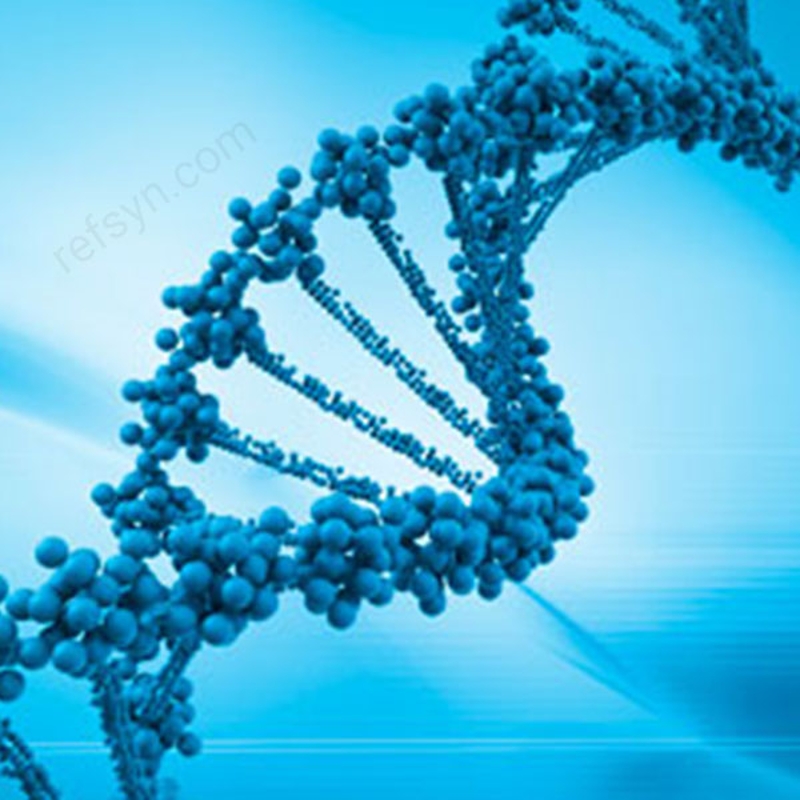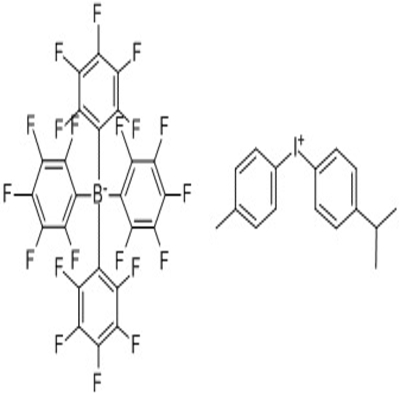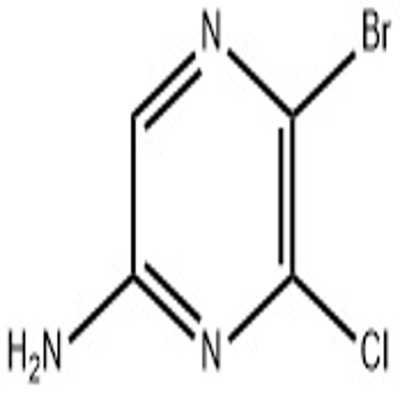-
Categories
-
Pharmaceutical Intermediates
-
Active Pharmaceutical Ingredients
-
Food Additives
- Industrial Coatings
- Agrochemicals
- Dyes and Pigments
- Surfactant
- Flavors and Fragrances
- Chemical Reagents
- Catalyst and Auxiliary
- Natural Products
- Inorganic Chemistry
-
Organic Chemistry
-
Biochemical Engineering
- Analytical Chemistry
- Cosmetic Ingredient
-
Pharmaceutical Intermediates
Promotion
ECHEMI Mall
Wholesale
Weekly Price
Exhibition
News
-
Trade Service
According to the World Health Organization (WHO), more than 27 million people worldwide have been infected with the new coronavirus.
same time, the biopharmaceutical industry is making rapid progress in drug and vaccine development for COVID-19.
, several new crown-candidate vaccines and antibody therapies have entered Phase 3 clinical trials.
We know, however, that the virus genome is constantly mutated, and the new coronavirus is no exception, with more than 95,000 new coronavirus genome sequences in GISAID's new coronavirus database.
is that the mutation of the new coronavirus will invalidate the new crown vaccine, which is currently under development. Today, the Pharmaceutical Mingkang content team will discuss this issue in conjunction with public information.
the genome of the new coronavirus mutated fast? The new coronavirus is a single-stranded RNA virus containing nearly 30,000 bases, and RNA viruses are more likely to introduce mutations during replication than DNA viruses.
, however, the new coronavirus does not mutate very quickly compared to the coronavirus that causes certain common colds and the HIV virus that causes AIDS.
this may be due to the complex mechanism of genetic variation correction in the new coronavirus.
mutations can help the virus mutate, too many mutations in the genome can cause proteins to fail to form properly and virus replication to occur.
the new coronavirus gene mutation correction mechanism can be introduced in RNA replication error modification, to maintain the normal virus replication.
We may know that several current antiviral therapies, many of which are nucleotide analogas, are ineffective against the new coronavirus, and that they interfere with RNA replication by embedding nucleosides in the RNA sequence that make up the RNA in place of the RNA.
the new coronavirus's error-correcting mechanism has made most nucleoside antiviral therapies "reactive", but this mechanism that makes it resistant to antiviral therapy also makes the genome of the new coronavirus more stable.
Dr Emma Hodcroft, a molecular infectious diseases scientist at the University of Basel, says the genome of the new coronavirus accumulates about two single-base mutations each month, one-half the rate of the coronavirus that causes the common cold and a quarter of the HIV virus.
mutations in the new coronavirus invalidate the new coronavirus? The new corona vaccine's action is to make the body's immune system produce a median antibody and cellular immune response to the new coronavirus antigen.
If there is a mutation in the genome of the new coronavirus, some genetic mutations could theoretically alter the composition of the antigen protein, making it impossible for the immune system to identify and bind antigen proteins, such as the prick protein on the surface of the new coronavirus, thereby neutraling the antibodies.
, in the real world, has this type of mutation occurred in the new coronavirus? In a scientific paper published recently in PNAS, researchers analyzed the genomes of 18,484 new coronavirus viruses and found that the sequence of pyrethroid proteins encoding the new coronavirus was very stable, with the most significant mutation being the D614G mutation, which occupies the no. 614 position in the earliest new coronavirus protrusion protein.
and mutates, this position becomes glycine (G).
coronavirus, which carries this variant, is now dominant globally.
, however, the mutation is in the binding part of the hedgehog protein S1 sub-base and S2 sub-base and is not easily identified by antibodies.
, the researchers speculate that the mutation does not affect the binding of antibodies to prickly proteins.
In addition to the D614G variant, the second-highest number of genetic variants on the prickly protein is a synonymic mutation (the gene sequence changes, but the amino acids produced do not change), with a frequency of only 1.96%.
comparison of different hedgehog protein sequences showed that the difference between the new coronavirus sequences found in infected patients and the baseline sequence was only 0.55 base mutations.
means that there are not many genetic mutations in the viruses that currently exist around the world that can disable vaccines.
This conclusion has also been validated in the development of the medium antibody, which can have a meso-effect on almost 100% of the new coronavirus strains in preclinical trials, whether developed by Vir Biotechnology or Regenerative.
Moremore, the new coronavirus usually stimulates a number of different antibodies in the body against the new coronavirus antigen, which are combined with different tables of the antigen protein, making it more difficult for the new coronavirus to evade the role of the antibody through genetic mutations.
the new coronavirus gene mutation that makes vaccines fail in the future? Current scientific studies have shown that the genetic variants already produced in the new coronavirus do not significantly affect the effectiveness of the antibodies and the new coronavirus vaccine.
, however, historical experience has shown that resistance can be produced, and that antibiotic resistance to bacteria is currently a major challenge in the global health field.
, is it possible for the new coronavirus, like drug-resistant bacteria, to gradually gain the ability to evade vaccine-inspired immune responses? The answer to this question starts with the mechanism of natural selection.
natural selection refers to the increasing proportion of species carrying certain genetic mutations as a result of certain selection pressures, resulting in a growing proportion of the population.
take antibiotic resistance as an example, bacteria that carry mutants of resistance usually only appear after people abuse antibiotics, because the pressure of choice from antibiotics makes them "stand out" in this environment.
in the absence of antibiotics, these bacteria, which carry mutants of resistance, do not show a survival advantage over other bacteria.
map of the natural selection process of drug-resistant bacteria (Photo: Wykis / Public domain) Scientists have now discovered new coronavirus strains that can evade certain neutral antibody effects, but they are still very rare in the global population.
because most people in the global population are not immune to the new coronavirus, their immune systems are not yet able to exert selective pressure on the reproduction of the new coronavirus.
means that these genetic mutations, which are potentially resistant to vaccines, are not yet available.
it is true that if the new coronavirus succeeds in increasing the immunity of people around the world to the new coronavirus, the number of new coronavirus strains carrying immune escape gene mutations may gradually increase under the pressure of immune selection.
, scientists still need to closely monitor the emergence of new genetic mutations.
resources: s1 . . . . . . . . . . . . . . . . . . . . . . . . . . . . . . . . . . . . . . . . . . . . . . Retrieved September 8, 2020, from Stable SARS-CoV-2 genome is good news for vaccine developers. Retrieved September 8, 2020, dearlove et al., (2020). A SARS-CoV-2 vaccine candidate would would likely match all currently reedinging variants. PNAS, follow Medicinal Mingkang's WeChat Public No







